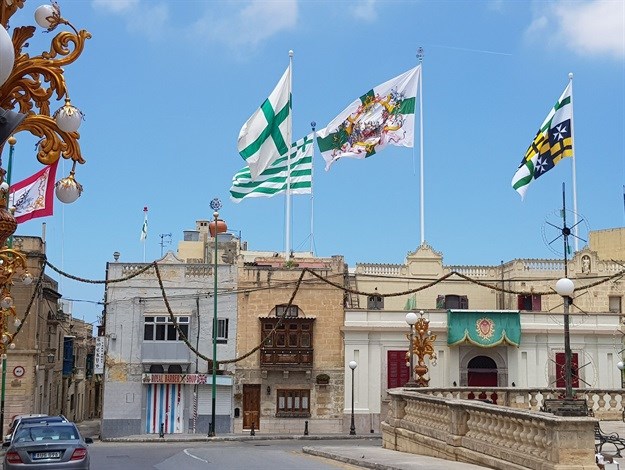A South African's guide to moving to and making it in Malta: The culture of connection

After 30 years in the South African marketing communications sector, I had learned a few life lessons. One of those axioms was: "It's not what you know, it's who you know". Although that’s a safe generality in most industries, it’s pinprick accurate in the field of media relations. (In my estimation, 80% of a practitioner’s success could be attributed to knowing the media worker being pitched to.)
What I found here on 'the rock' – the differences to South African culture – has proven to be as instructive to me as it would be to a sociologist. For those of you contemplating island life – and who wouldn’t when that island is Malta – the fundamental learning is the importance of connection.
Old money, café society and circles of influence
Society in Malta supercedes old money, the glamorous blogger world of café society or the friends you keep and the circles in which you run. It's class structure and it is the cogs of the nation’s economy. To understand this, it’s necessary to recalibrate a South African worldview where social and commercial interaction is constructed around a population of some 55 million-plus.
Here in Malta, the whole population is less than 450,000 souls so it feels almost possible to know everyone. (We’re talking about an entire country that’s about 12% just of Cape Town’s inhabitants.) Such small populations are much closer to feudal communities as it’s only in mass populations that the forces of democracy – and anonymity – kick in. In Maltese public life, there is an evident pecking order which is vastly different to the American Dream that posits anyone can make it if they work hard enough. The hypothesis that you create your own fortune is completely foreign to the Maltese. Here you are born into a structure which takes care of its own as much as it self-perpetuates.
Neighbourhood watchfulness
This sense of social connection, the who-you-know, also manifests itself in the quaintest alleys of the town. In a typical Maltese community, everybody knows you. In fact, this local omniscience has a name: the 'syndikajri'. South Africans might call them busybodies, but here the sindikajra, the little old lady who sits on her front steps and watches, is a staple of village life. We don’t need CCTV, our syndikajri is one of the best forms of neighbourhood watch!
Not only do we actually know all our neighbours on the block but we talk to them when we pass them on the narrow pavements. This sense of being seen, of connection, is the antithesis of the depersonalisation attendant on large urban societies such as we have become accustomed to.
Rating the ratings agencies Maltese style
Thus, when I was in a meeting with an investment adviser at one of the three largest Maltese banks, I shouldn’t have been surprised at her opinion of ratings agencies. (It’s a South African commonplace that our economic futures are massively impacted by the prognostications of Moodys, S&P et al so we await their reports with great anticipation if not anxiety.)
“No,” said the banker. “Here we don’t rely on the ratings agencies at all. We don’t need them because we know every board member and CEO of every public company. We know who’s good and who’s bad and we therefore know where to invest and where not”.
The business takeout: Everything in Malta is by referral, testimonial or personal recommendation. You will need the fixer, the broker, the consultant. It’s not just easier than trying to do it alone, it’s the way business is done on the islands.
The social take home: If you don’t watch yourself, the syndikajra will!








